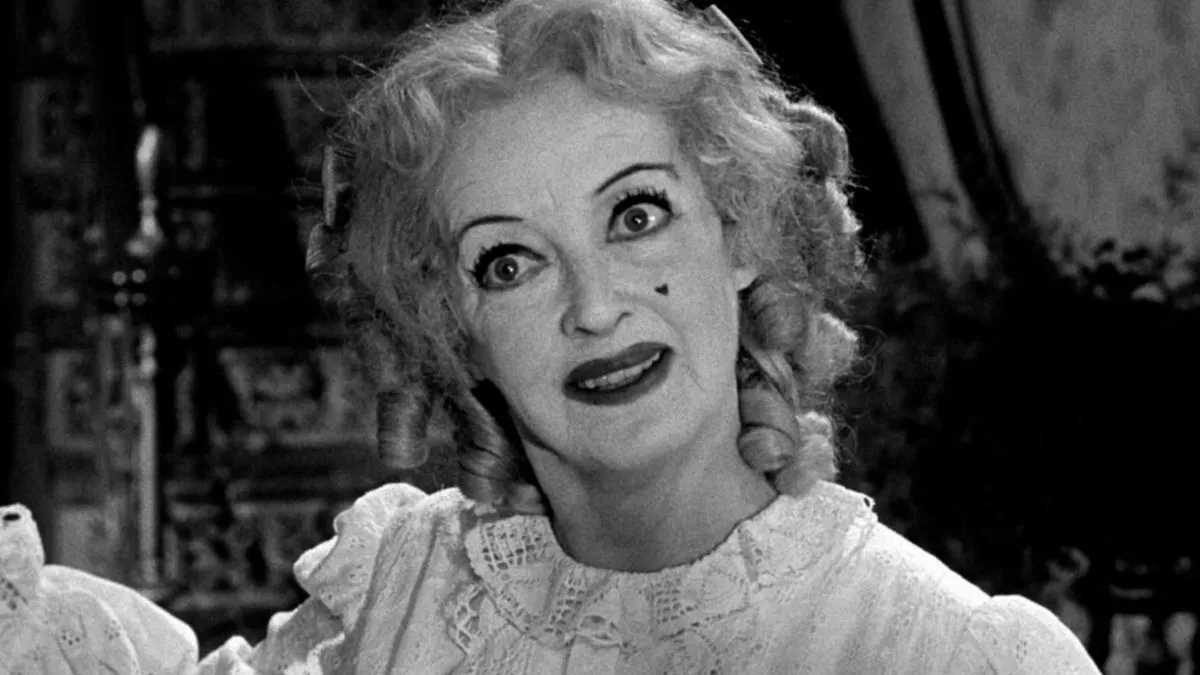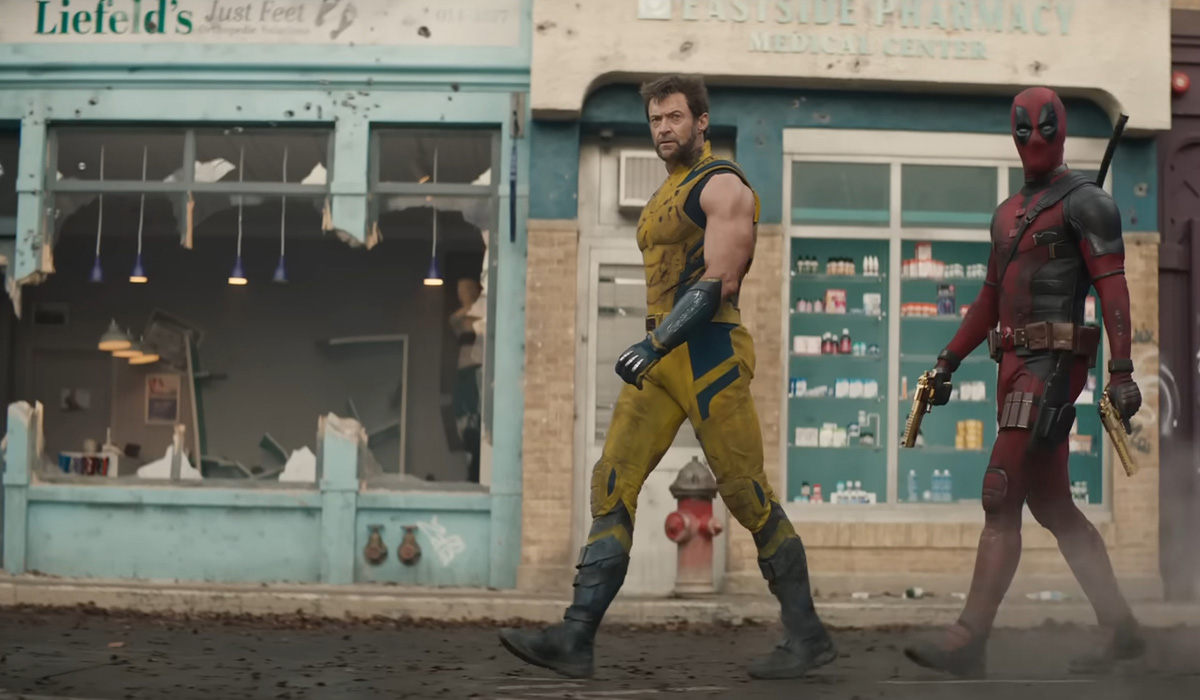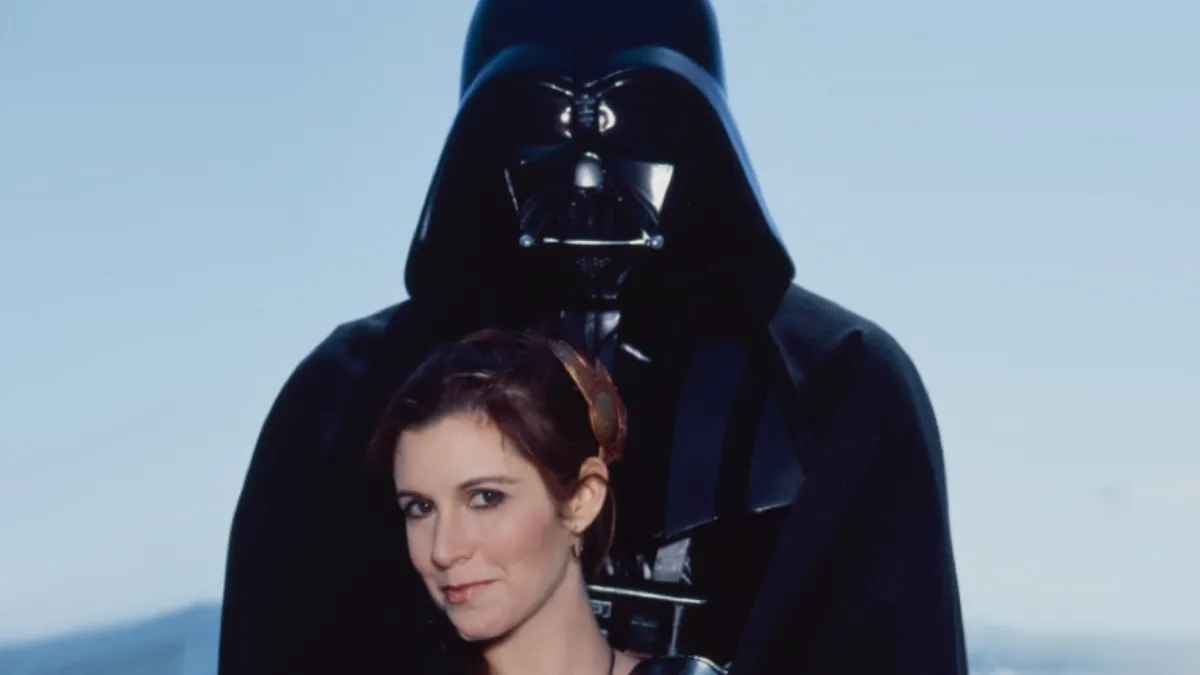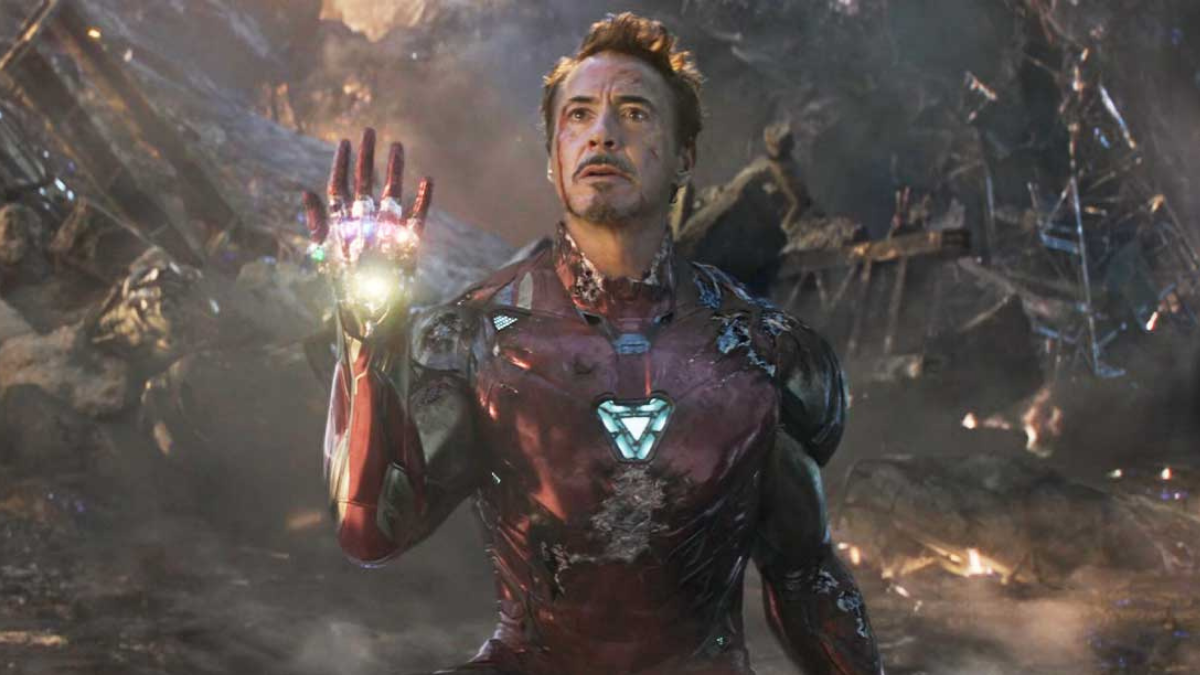
Those walking into The Gambler expecting another chip-splashing thriller like 21 or Rounders are going to be sorely disappointed, as William Monahan’s script focuses heavily on a downward-spiralling character whose narcissism and suicidal subconscious translates into unhealthy, life-threatening habits. Rupert Wyatt’s directorial follow-up to Rise Of The Planet Of The Apes is a character study about someone who cares so little about their own self-worth yet doesn’t have the backbone to harm themselves, which is made clearly evident by a forceful story that ensures audiences understand each literary-laced nuance. Sometimes you’ve got to know when to hold ’em and know when to fold ’em, but The Gambler disregards Kenny Roger’s wisdom and focuses on what happens when your “addiction” takes over, and you just can’t seem to care.
Mark Wahlberg stars as Jim Bennett, a literature college professor who has a nasty gambling habit that’s finally catching up with him. After finding himself $250,000 in debt to the wrong people, including an underground establishment owner and a loan shark named Neville (Michael K. Williams), Jim has seven days to repay both men before they start breaking bones and harming family members. The money isn’t an issue, though. Jim has numerous chances to walk away clean, but the hardest part is knowing when to walk away. If Jim wants those he loves (if he loves anyone, that is) to remain safe, he’ll have to channel all his will power while gambling just enough to pay off his mountainous debt before Neville’s bodyguards show up to “collect” from everyone – including a young student he strikes up a relationship with (Brie Larson).
Monahan’s heavy-handed cynicism ends up being one of The Gambler‘s more charming qualities, displayed emphatically by Wahlberg as he “lectures” students about how utterly pointless their efforts and ambitious aspirations might or might not be. In a world where every child is fluffed up with ideals that proclaim anyone can be president if they try hard enough, professor Bennett is there to reassure students that the world needs plenty of electricians – which isn’t something to be looked down upon. While Bennett’s own depressed thoughts are more severe than anyone should think, fueling an unstoppable deterioration, Monahan’s dark “comedy” strikes an alluring and vulnerable balance that elevates an otherwise overly-self-help-y story.
While the script itself unlocks a few interesting moments crafted by dramatic martyrdom, it’s Wahlberg who turns so many scenes into absolute gold. If I had a teacher like Jim Bennett in college, I can’t tell you how engaged I would have been, as Wahlberg hones a no-bullshit attitude that every college students dreams their professor would embrace. Wahlberg brings a slick intensity and an admirable immersion in self-loathing hatred, playing an uncharacteristically flawed and relentlessly jaded character who could die at any moment but still have a snarky comment before the trigger is pulled. There are captivating moments where Neville realizes Bennett couldn’t care whether he’s met with death or a hug, which is also a strong message made on the blackjack table as the gambler just keeps doubling his bet until all the chips are gone. As Bennett repeatedly says, he isn’t a “gambler” – something Wahlberg shows an emphatic understanding of while playing chicken with a train called life.
As a sporadic “gambler,” I can admit that the best lesson learned from my bankroll’s fluctuating highs and lows is how to take a loss on the chin. Poker, much like life, isn’t always going to deal you a winning hand. Sometimes you can flop a full house, yet be spiked by the nuts when your opponent rivers his third ace on the last card. Sure, it hurts knowing your 95.45% win percentage didn’t mean a damn thing, but life’s cards aren’t always going to fall according to numerical statistics. The mysteries we chase every day hinge on us spiking that one magic card – sometimes it hits, and sometimes it doesn’t. Bennett’s cool, calm, and collected nature may be for the wrong reasons, and his outlandish decisions may be wholly irrational, but there’s a lesson about loss and the gambler’s mentality that Monahan treats with serviceable respect – I just don’t suggest going a quarter of a million in the hole to learn it yourself.
Comedian Lewis Black has a brilliant joke about the actual thought process of a gambler, and while I think the famous funnyman makes a more impactful (and truthful) statement through his signature sarcastic ranting, Mark Wahlberg’s performance is a slick ace up The Gambler‘s sleeve. It’s easily one of his better roles over the last few years, as it gives him plenty of chances to run off whimsical monologues about life’s candy-coated nature, but outside of the star’s tremendous power, The Gambler spoon-feeds audiences far too often to be considered anything more than a surface-value character examination. John Goodman is as sternly lovable as ever, Michael K. Williams plays a deadly-nice loan shark, and Brie Larson wins us with her innocence, but there’s nothing cinematically OUTSTANDING about Wyatt’s latest effort, despite a focused delivery and apt shooting – which is just enough to break even.






